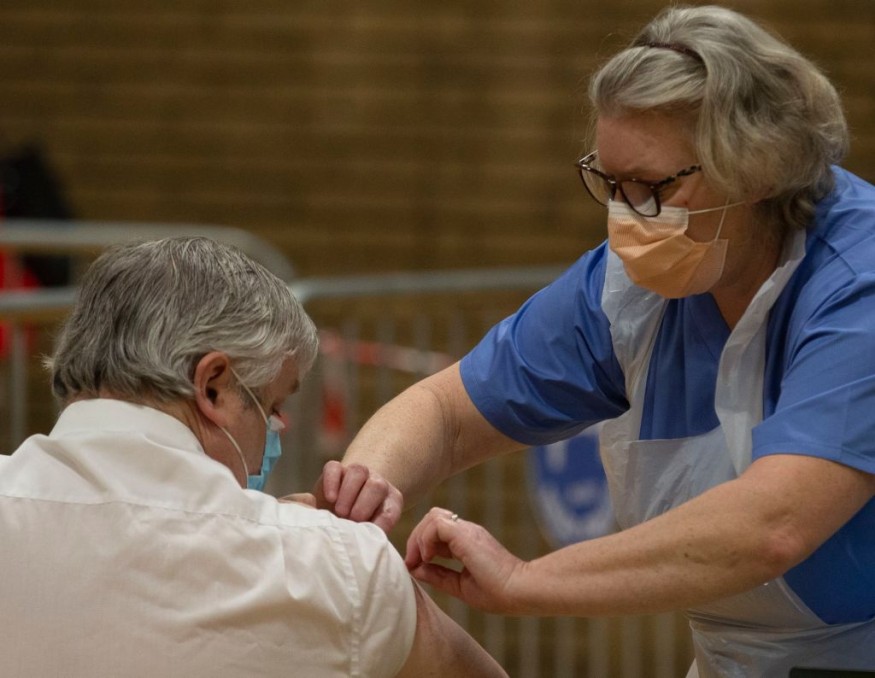
While 'confusion' as to when is the best time to receive the second dose of COVID vaccine has been disputed, several COVID vaccine sites and GP-run centers are already offering early follow-up jabs to people, going against national orders and regulations.
As per the Joint Committee on Vaccination and Immunization's (JCVI) advice, second doses should be given no earlier than eight weeks after the first dose, with evidence that longer interval in doses increases effectivity of vaccine compared to the normal three-week gap.
However, many of the GP-run vaccination sites have defied the orders established by the National Health Service (NHS) England, with a goal to complete vaccination and fully immunize people before July 19.
Consistency in Interval
NHS officials have been prohibiting primary care networks (PCN) such as the Science Museum in London just this last weekend for offering early second doses of the Pfizer vaccine to people who received their first jab more than 21 days ago. The Wembley Stadium was also told to put off giving the same service on Friday after NHS England reminded health centers about the JCVI's dosing guidance.
NHS chiefs updated in the Public Health England green book that receiving doses should have an interval of eight to 12 weeks to avoid confusion and simplify booking.
In London, the vaccination trend was reported to be prevalent among younger ages under 40 than the rest of the UK. If the JCVI's guidance is referenced, most of the Londoners who have gotten their first dose on May 13 should have been eligible for a second jab on July 8 at the earliest, to reach full immunity in the next two weeks. Meanwhile those below 20 will have to wait a little longer up until July 19 when most Covid restrictions are lifted.
Because of the longer wait, GP-run vaccine sites in the capital started offering second dose stocks to local residents to 'take matters into hand'.
"With 19 July coming up quickly, they're conscious that there are people out there who could easily be fully vaccinated against Delta but aren't allowed under current advice. It's understandable that they're breaking the rules," according to a source.
The Desire to 'Bring Forward' Second Doses
UK originally approved fully immunizing people over a three to four-week period after some clinical trials. However, later research did confirm that longer interval between the first and second dose increases immune response, leading JCVI guidance to introduce and recommend a 12-week gap.
However, GP-led sites believe that the circumstances have changed since the transmission of the Delta variant. With the sufficient staff and healthy-looking stockpile of supplies, GP-run centers find it reasonable to give early doses before it even goes to waste.
As per the doctors' trade union of British Medical Association, vaccines are both licensed for shorter intervals , with 21 days for Pfizer , and other countries are following shorter intervals as well.
UK shadow minister for health and social care said that the NHS and ministers should provide clear guidance about second jabs, not confusion and mixed messages, as vaccines are the biggest defense against the Delta variant.
© 2025 NatureWorldNews.com All rights reserved. Do not reproduce without permission.

